Susan Sontag, in Illness as Metaphor suggests that we refrain from anthropomorphizing cancer as tuberculosis was in the 19th century. It is simply a disease, linked neither to melancholy nor passion. However, it is increasingly difficult for the patient or caregiver to remain impartial to a disease which exhibits human characteristics such as changing tactics (mutation) and exhibiting a single-minded determination (death).
As I write this, I am fifteen days out from the death of my father from lung cancer, 15 years out from the death of my father-in-law from lung cancer, locked in a pitch battle with a second primary soft tissue sarcoma in my dog and engaged daily in a barbaric fight to the death with my wife’s breast cancer. Cancer sucks.
My father was 73. My father in law was 59. I am 49. My father knew me for roughly 67% of his life, but I knew him for 100% of mine, all 18,172 days. I have been without him now for 15 days and my world has changed. The pain he endured, the pain my mother, brother, sister and I witnessed will forever reside in our brains as white hot, searing agony. Good memories will rise to replace those created in the final few months as the thoughts that race to the forefront of our minds when we think of him, but the cruel experience of watching him die can never be erased. I smile when I think of my father-in-law now, but just as quickly recall the chaos in my mind as I realized what was happening at the end (and whether I could have/should have done something different to help). Likewise, my mind wanders to dark places when I think of the future for my wife and puppy. What will it look like? Will I be better prepared? Does it matter?
I was fortunate enough to give the eulogy at my father’s funeral. It was a rambling recollection designed to please the audience and summarize a life while ignoring the injustice of the occasion or the misery he endured. I include it here:
DNA is passed down from one generation to the next. Stirred together with our experiences and memories, we become individuals. But DNA is the foundation, the framework, upon which the individual is built.
My father had an amazing memory, a trait which was not passed into my DNA. My sister got that gene. She, like he, can tell you about the time in June of 1974 when the hibachi flamed up on the patio from too much lighter fluid. They would go on, “It was a Saturday afternoon, and it was slightly overcast and humid. I remember it was humid because the hamburger buns were sticking together. Mom was wearing red slacks with a white top, and Fisk was out for the year after tearing up his knee in Cleveland the day before.”
It always amazed me what he could remember when we talked. Especially about baseball. Especially about when I played baseball. What I remember about my baseball career was that I stopped growing too soon and pitchers learned how to throw a curve. But Dad could pull details from specific games, including the weather, from out of nowhere. “Do you remember that day? You probably don’t. It was HOT! We were playing a double header in Warwick. You went 1-4 in the first game and we had gone through all of our pitchers to eek out a win. We had nobody left for the second game. You doubled in your fist at bat, ripped one down the right field line off of so-and-so, who went to such-and-such college later on. You don’t remember that?” What a memory.
Ovid said, “Dripping water hollows out stone, not through force but through persistence.” Having my father as my baseball coach, especially as my skills waned, but as his intensity increased, was a recipe for conflict at home. Trust me. Fortunately, my brother had the strong arm of a pitcher which I did not and my father had the opportunity to teach a rising star and enjoyed his career as I transitioned to college, the workforce, marriage to an amazing woman and beginning a family. But it is the mark of a good parent and softened memories that when he recalled my baseball games in later years, he only recalled (to me) the ones in which I had performed well.
Memories and DNA combine in fantastical ways. It amazes me how a family can experience something together and one or two members can have that event stick with them forever while the rest of the family has it wash over them and out of their minds forever like a wave on the beach. I remember one time we were in Oneonta, NY. I couldn’t have been more than 12 at the time. We were accompanying Dad on a recruiting trip and sitting in a little pizza shop. Jan, what was the name of it? Mama Nina’s, right. A song came on the radio, a simple tune, just piano at the beginning and my father seemed to float away. He said, “When I die, I want this played at my funeral.” It was Colour My World by Chicago. I don’t know why I remember that, or if he even remembered saying it, but I was listening to it on my iPhone when my brother called to tell me Dad was gone.
Dad was a man of contradictions.
He lived on an island but hated bridges. In fact, funny story. My brother, mother, father and I went to Cincinnati to see a Reds game in 1990. We stayed in a hotel across the Ohio River in Kentucky. The stadium was literally right across the river. You took a foot bridge across the river directly into the stadium. We walked out of the hotel, down the street and up to the bridge. Now understand, my dad was a lifelong Reds fan who had waited 50 years and travelled 827 miles to see them play, only to find himself frozen at the base of the footbridge, unable to make the final ¼ mile walk into the stadium. Slowly, we were able to talk him into making the trek and we saw the game. Of course, I can’t remember if they won or lost, but for this occasion, I like to remember that they won.
He loved living on the coast and yet I never remember him going to the beach and he never showed any interest in boats.
He hated war and the military industrial complex and yet worked at NUSC and lived in a Navy town.
He espoused peace and yet was himself quite combative.
He loved driving but hated cars.
He loved baseball and hated the Red Sox, although I think what he hated was the typical Red Sox fan, who knew only of the Sox and nothing about any other team; patronage without understanding, loving a local team rather than the nation’s game.
He, like my son, Cameron, loved a debate and found the lack of one far worse than solitude, for in solitude he always had a book to read. Cicero said, “If you have a garden and a library, you have everything you need.” I think Dad would add my mother and a dog to that phrase, but you get the point.
We debated many things, even the seemingly taboo subjects of politics and religion. Without knowing he had formulated it, I heard him, I think in a veiled attempt to convince me rather than himself, rephrase Pascal’s 1660 gambit on the existence of God, which states that as the reason to believe, “If you gain, you gain all; if you lose, you lose nothing. Wager, then, without hesitation that He is.”
Of course Pascal, sounding like something my father would also say, said, “I would prefer an intelligent hell to a stupid paradise.”
He, like my daughter Samantha, loved art and found music in paintings and rainbows in music. He sought out the educated and never stopped learning, taking online courses on art and art history.
He loved words and the art of writing, finding them transcendent building blocks capable of being combined to create immense power and compelling depth. Shakespeare, in Romeo and Juliet, wrote of death:
“When he shall die, Take him and cut him out in little stars, And he will make the face of heaven so fine That all the world will be in love with night And pay no worship to the garish sun.”
Samuel Butler said, “Life is like giving a concert on the violin while learning to play the instrument.” How often do I wish there was a manual to life and that the pitfalls of error could be written out of existence. But experiences cannot be bequeathed; we all must fail while trying in order to grow. Parents try, but children don’t tend to listen. Oscar Wilde said, “Children begin by loving their parents; as they grow older they judge them; sometimes they forgive them.” I believe we grow up when we have to, some earlier, some later; rarely does it coincide with the calendar or a birthday.
To my mother, let me say that you are stronger than you think you and far more capable. These past few months have shown me a fortitude and strength that I mistakenly thought you only exhibited in the protected shadow of Dad. Now I know that you will be alright. You have over 50 years of memories and children who love you and friends who embrace you. Remember what Langston Hughes wrote,
“To some people Love is given, To others Only Heaven.”
Helen Keller wrote, “Death is no more than passing from one room into another. But there’s a difference for me, you know. Because in that other room I shall be able to see.” Dad is no longer in pain and only time, like Ovid’s dripping water, will soften the sharp painful edges, the memories we share of his final months. Eventually, the good times will replace the bad in our dreams and these memories will fuse with our shared DNA and we will remember that we are his and he lives on in us.
At the cemetery chapel, a good friend read a poem my father had written in 1986 to my mother. In it, in a quite linear manner, he describes their life together. Nowhere in those verses is there a reference to pain or cancer. Life’s narrative does not include the intrusion of a malevolent entity determined to rob us of the future for which we have done everything we can to prepare. Everything we can do, but blind to the suicidal mutation bent on our destruction.
Here is his poem:
My Choice
I’m not good at tennis, but I think the game’s swell
It’s when I first met her, I remember it well
A distance away, a casual glance
My head met my toes, my heart did a dance.
My casual glance turned into a stare
She knew I was looking but just didn’t care
When finally we met, I looked at her eyes
Seeing rivers and oceans, and bluebirds and skies.
Even bluer than sky on a bright sun kissed day
No clouds cross her path, blue eyes turn them away
Only earthly tears of joy should flow from those eyes
If I’m her life partner, I’ll tell her no lies.
As I got to know her, I applauded my choice
As she spoke in whispers, I adored her soft voice
Her hair was quite long, with curls at the end
Please don’t break my heart, I fear it won’t mend.
We went many places, we did many things
Time spent together was time sprouting wings
I envisioned forever, and tomorrow today
Instead she just dropped me, I can’t have my way.
We went out with others but it wasn’t the same
Was it a test, or some sort of a game
When I see her with others, do I speak, do I care
Please give me a nod, just a sign you still care
Maybe fate or just luck, or whatever it’s been
We got back together, hold my breath, count to ten
Circle the calendar, a date not to forget
We’ll live life together, we’ll share what we get
The years started passing, to college to nursing
Precious moments together, just sweet talk, no cursing
We tied the old knot in our junior year
All brand new to us, you’ll love it, my dear
A child or two, maybe three with some luck
A house and a car, and some baseballs to duck
Life’s experiences we’ll share, gardens together we’ll tend
I’ll tuck in the doggie with her dearest friend
But most of all for this selfish old me
Her companionship, warmth, and of course, a hot tea.
She bore three children, mostly gentle like her
She much prefers them to diamonds and fur.
She nursed and bathed them, showed comfort and passion
All treated the same, her love she won’t ration
With mental alertness, fine health they enjoyed
Their values time honored, with no moral void
Years slipped away, they end with a song
Children still with us, but won’t be for long
Adults they’ve become, to us they’re the best
They’ll find their own forest to build their own nest.
Alone we will be, but two as in one
Let’s visit the children and watch their kids run
Would we do it again, in a minute, no warning
Let’s repeat it again, let’s start in the morning.
Dare I guess at our future, can you put time on fade
Will we grow old together, is it too soon too late
Are hours elapsing, do minutes have minds
Can we set back the sunsets, must they always unwind
Philosophers ask where does time really go
Not sure of the answer, I don’t really know
If the answer’s discovered, please allot me some more
To spend more of it with the girl I adore
The end may come sooner than you or I know
It’s not fair I’ll answer, my joy turns to woe
But how few you have known been as lucky as us
To have been at the station, have caught the right bus
Eternity closer, I’ll meet her there too
I’ll bypass the clouds, I’ll follow the blue
We’ll thank the dear Lord for our beautiful marriage
And roll through the Gates in Heaven’s best carriage
Thanks for making us mates in our earthly endeavors
We juggled the balls, we pulled all life’s levers
The poem is ended, I’ll feed you no malarkey
Thanks for the short time with Ellen Frances Sharkey
– March 13, 1986
Forgive me this downbeat missive. We will rally again, circle the wagons, do what we have to do, but time is finite and pain seemingly eternal.

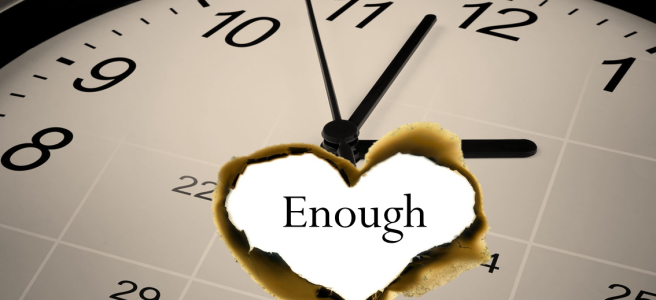
 I am so tired of fighting (and losing to) cancer. First it came for my wife, and we moved cross country to fight it. Then it came for my father, and all we could do was poorly manage his pain until he succumbed to it. After fighting for seven years, my wife died in September. Now it is taking my dog, who’s already fought it twice before. What kind of insidious disease comes after a dog? There is no rationale, no justice, and no God. How could God allow my father to suffer so much? How could God steal my wife’s future? How could God punish a dog with three different types of cancer? If there is a god, he’s either feckless or belligerent. This is my version of Pascal’s gambit. If there is a god, he’s malicious. If there isn’t then, chaos theory reigns and so it goes. Those are the only two choices. There is no beneficent God. There is no evidence to support believing in one.
I am so tired of fighting (and losing to) cancer. First it came for my wife, and we moved cross country to fight it. Then it came for my father, and all we could do was poorly manage his pain until he succumbed to it. After fighting for seven years, my wife died in September. Now it is taking my dog, who’s already fought it twice before. What kind of insidious disease comes after a dog? There is no rationale, no justice, and no God. How could God allow my father to suffer so much? How could God steal my wife’s future? How could God punish a dog with three different types of cancer? If there is a god, he’s either feckless or belligerent. This is my version of Pascal’s gambit. If there is a god, he’s malicious. If there isn’t then, chaos theory reigns and so it goes. Those are the only two choices. There is no beneficent God. There is no evidence to support believing in one.
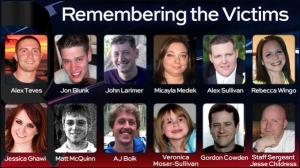
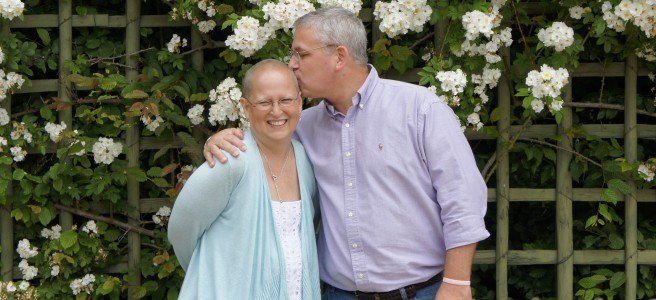
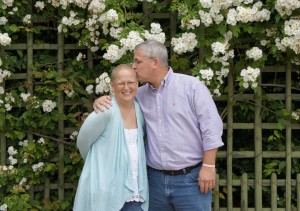
 Publilius Syrus in the first century B.C. wrote “when Fortune flatters, she does it to betray.” Plutarch reinterpreted this as “I see the cure is not worth the pain.” Somewhere over the past two thousand plus years we have lost the connection between humanity and the humane.
Publilius Syrus in the first century B.C. wrote “when Fortune flatters, she does it to betray.” Plutarch reinterpreted this as “I see the cure is not worth the pain.” Somewhere over the past two thousand plus years we have lost the connection between humanity and the humane.

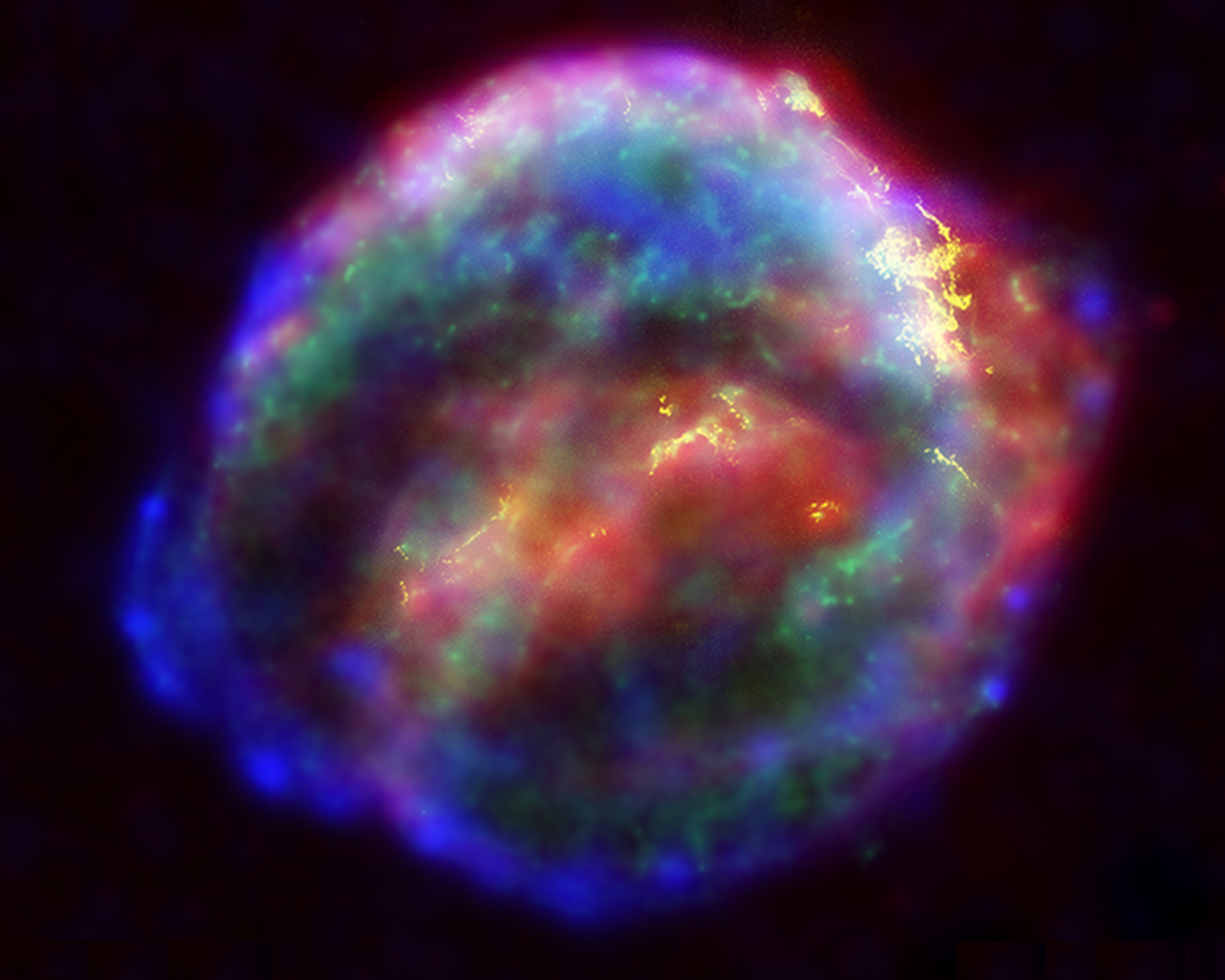 Physics has a concept called the law of conservation of energy, which states that the total amount of energy in a closed system is neither gained nor lost over time, but rather is only transformed from one state to another.
Physics has a concept called the law of conservation of energy, which states that the total amount of energy in a closed system is neither gained nor lost over time, but rather is only transformed from one state to another.